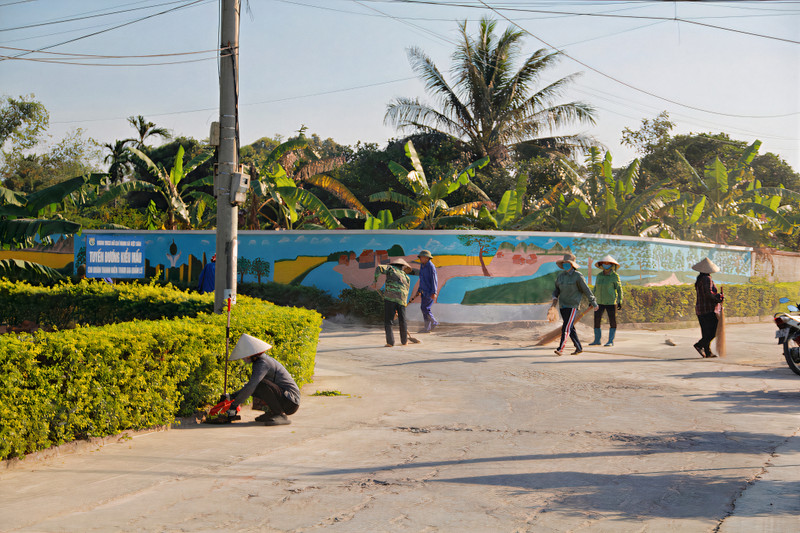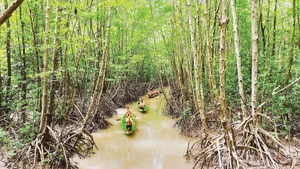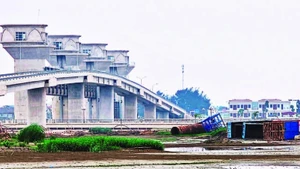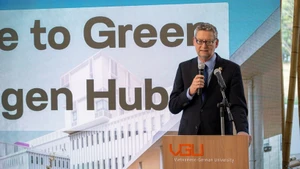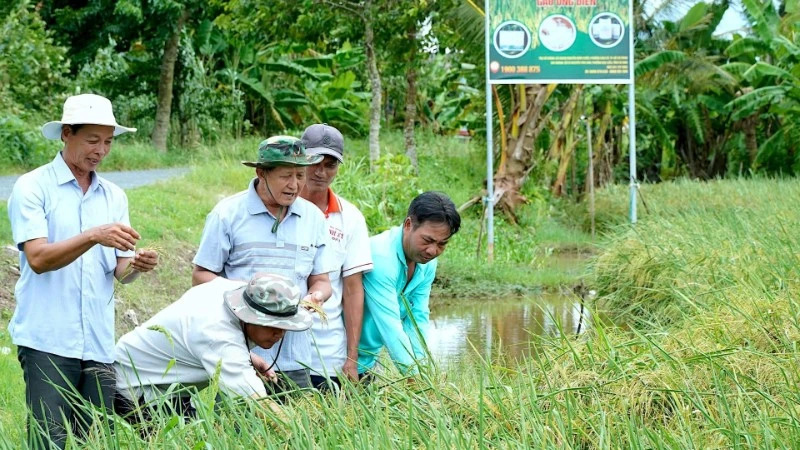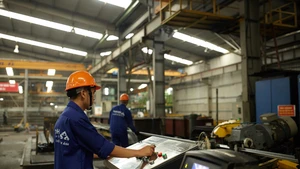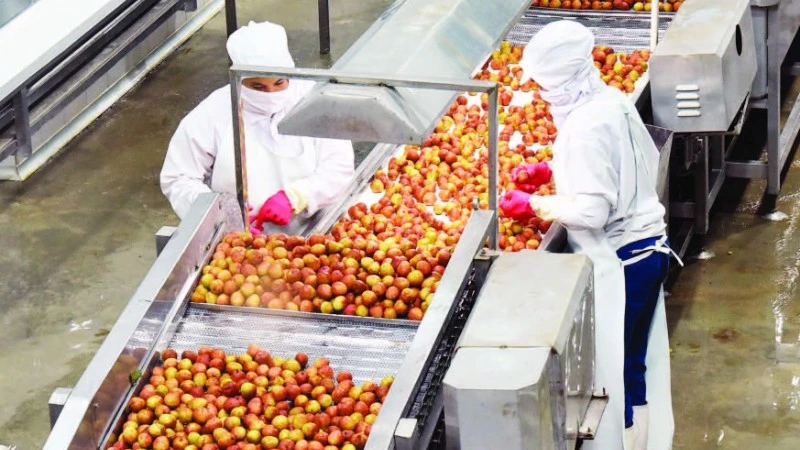The attainment of the environmental criterion in the new rural building programme depends greatly on various factors such as local residents’ habits and practices. Localities have created new rural models aligned with environmental protection movements in an effort to enhance public awareness on the matter.
In Binh Lieu District, movements to plant green trees and clean up village roads are being implemented and well maintained in many residential areas. Locally based production and business facilities are also fully aware of environmental protection during their operations. The district also maintains the activity of collecting, transporting, and treating waste effectively.
Ly Thi Phuong in Binh Lieu District shared that her household has frequently classified waste into different bins. Empty bottles will be sold while discarded vegetables are used as fertilisers. Phuong said she initially found waste classification time-consuming, but once she got used to it, she found it very useful since she can have organic fertilisers for agriculture, get some money for selling scrap, and most importantly protect the surrounding environment.
Rural environment is a criterion hard to fulfil in building new rural areas. As such Quang Ninh Province has invested in concentrated waste treatment facilities in districts, upgraded staging points for waste and built household waste treatment models employing advanced and environmentally friendly technologies. The province also invested in renovating and upgrading the sewage drainage, collection and treatment system.
Currently there are 3 regional waste treatment facilities and 26 waste incinerators in Quang Ninh with a total processing capacity of nearly 32,000 kilograms per hour. There are also another 7 incinerators under construction. Localities are modernising the waste treatment methods by reducing landfills and increasing the rate of incineration. At present, 72% of solid household waste is buried in landfills, 26% is incinerated, and 2% is treated by recycling plastics and producing composts.
Some localities such as Ha Long, Ba Che and Co To are implementing the 3R model of waste management (reduce, reuse and recycle) by classifying waste at the source, which has made waste collection more effective. Many environmental cleanup movements have been implemented with the people’s active participation.
To date, 94% of rural households have hygienic toilets. Local authorities are encouraging farmers to relocate their animal coops away from their living places and ensure hygiene in animal farming. Agricultural authorities also instruct farmers to use pesticides properly to minimise their impact on the environment.
Local Fatherland Front chapters and political-social organisations have stepped up the implementation of various programmes to collect household waste, refurbish the surrounding environment, and plant trees and flowers along roads and public spaces. The province also encourages local residents to use biological products to treat household sewage and recycle waste into useful materials.
